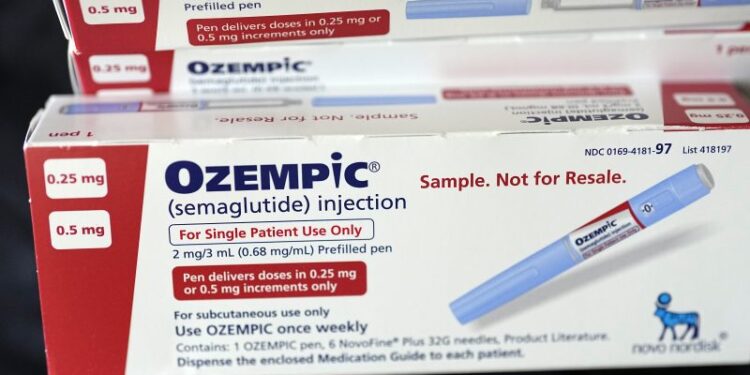
(NewsNation) — The director of medical weight management at West Virginia University says a canceled pilot program that provided weight-loss drugs to state employees showed “incredible” results, with patients losing an average of 15% of their body weight and seeing significant health improvements.
Dr. Laura Davisson said Monday on NewsNation’s “On Balance” that participants in the now-defunct program experienced reductions in blood pressure, improved diabetes markers and were able to discontinue some medications before the state’s Public Employees Insurance Agency, or PEIA, ended coverage in March 2024.
“We need to carry this through, see what the long-term results are, because this could potentially be a model for other insurance companies who are struggling with costs,” Davisson said.
PEIA cited mounting expenses when it suspended the 1,000-person pilot program covering GLP-1 medications such as Ozempic and Wegovy, which can cost around $1,000 monthly.
Agency director Brian Cunningham said the program cost approximately $1.3 million monthly even with manufacturer rebates, the New York Times reported.
However, Davisson argued that cutting the program could be a bad fiscal decision.
She said that West Virginia, with a 41.6% adult obesity rate — the highest in the nation — needs comprehensive treatment options beyond basic lifestyle interventions.
“When the State Employee Insurance cut off this program, they offered patients in exchange a gym membership,” Davisson said. “Everyone knows that if you have someone who’s 600 or 700 pounds, a gym membership is not going to be able to treat their obesity effectively.”
State Sen. Tom Takubo, who chairs the Joint Standing Committee on Insurance and PEIA, acknowledged the medications’ effectiveness but said the program’s $90 million price tag was unsustainable. He indicated legislators are working with drug manufacturers to find solutions, West Virginia Public Broadcasting reported.
The debate over coverage comes as President Joe Biden has proposed requiring Medicare and Medicaid to pay for obesity medications, though implementation would fall to President-elect Donald Trump’s administration.






